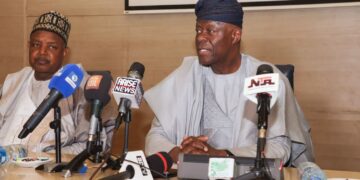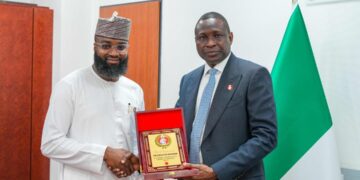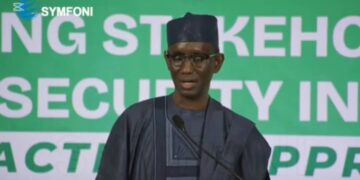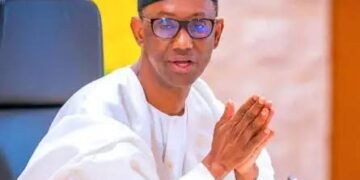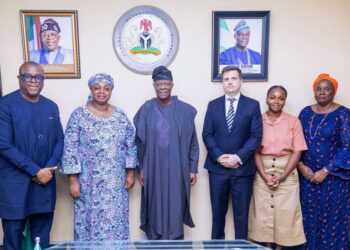Ministers in Nigeria are tasked with the responsibilities of running affairs of respective ministries to which they are appointed. Although they are confirmed by the Senate, they are primarily appointed by the President. They are lieutenants of the President with a mandate to execute his policies in their selected Ministries.
Prior to now, one of the largely held perceptions of Nigerians has been that ministerial appointees are people who have played their political cards and more often than not, do not possess the know-how, understanding, skills or expertise to function in the office to which they have been appointed. While the former is mostly true beyond perceptions, the latter is rarely the case.
One may be too quick to point out the partisanship, and the evident politicians on the list, some would call them in fact recycled. But the reality remains that the President ran and was elected on the platform of a political party – the APC. He has worked with the party in two electoral seasons and earned the victory through the same platform. He has equally worked with these men and women throughout these periods. It only accords with common sense that his ministerial list would reflect individuals he has worked with over these years; people he believes to have an idea of his agenda and can take the manifesto from document to reality. The ministerial list reflects people who the President believes can deliver his mandate and that of his party for the next four years.
A quick look at the who’s who that made the 2019 ministerial list: Of course as constitutionally expected they are drawn from all thirty six states, fortunately some states like Lagos, Kano, Abia, Kaduna have more than one Minister. Of the forty three names on the ministerial list, fourteen are returning ministers; people who had a chance at service and have shown us a glimpse of their potential during the first term run. The likes of Babatunde Fashola, is kept for another four year term. He, like his colleague Rotimi Amaechi, have served as two term Governors and would now be serving as two term Ministers. They have shown to be worthy technocrats as they are politicians. Though Mr Fashola is stripped off the Ministry of Power, he is left with a critical Ministry that revolves around a key developmental agenda of the President Buhari administration: the Ministry of Works and Housing.
New Ministries sprung up or now stood alone, like the Humanitarian Affairs, Disaster Management and Social Development – that looks likely to swallow a lot of agencies tasked with humanitarian efforts, and other social assignments; Police Affairs, Special Duties and International Affairs; Aviation; and Power.
While most Ministers who were kept retained their Ministries much is expected from the first time appointees. The effervescent Festus Keyamo from Delta State who served as Director of Strategic Communications of Buhari’s re-election bid has a lot of capacity-proving to do. He has been a revolutionist and activist, a change agent, all but a government appointee. Today he is, and that means he must prove that beyond talk, he can work. As he mans the Minister of State for the Niger-Delta he is tasked with the assignment of seeing development and growth for the region that birthed him. And an emissary of the government to the region too. Maj. Gen. (RTD) Bashir Salihi Magashi from Kano, a former Governor of Sokoto State in Nigeria from August 1990 to January 1992; Clement Agba (Edo), former Edo State Commissioner for Environment and Public Utility and the several other new appointees have to prove that they can take Nigeria to the next level.
With a rich pool of potentially outstanding appointees, most of which can boast of fine credentials and experience, the entire ministerial list comprises of about six lawyers, four doctors, diplomats, economists, human rights activists, seven former governors, seven former senators, a collection of party leaders in some states and a couple of fresh nominees as well as other skilled professionals.
One can commend the President for doing a fairly handsome job of marrying politicians and technocrats in producing this cabinet.
Nigerians watch however, hoping to see a balance of the pomp and pageantry of politics with the demands for results that come with technocracy. The campaign trails are ended. The work table is set for the Next Level to be delivered. What should be expected in the next months, and years, should not be magic wands that turn political rhetoric to reality. Nigerians too must exercise patience. Like Mario Cuomo, former Governor of New York once said: You campaign in poetry. You govern in prose.
James Akinloye is the President of the Initiative to Save Democracy.


